New Zealand’s data center market is projected to generate over USD1.37 billion in revenue in 2025, with a compound annual growth rate of 5.23% through to 2029. As New Zealand accelerates its digital transformation journey, demand for resilient, scalable and sustainable infrastructure has never been greater. From cloud adoption and AI-driven workloads to sustainability mandates and interconnectivity across regions, the future of digital infrastructure hinges on collaboration and bold innovation.
On 6th November 2025, New Zealand will play host to two landmark gatherings happening side by side - The New Zealand Cloud & Datacenter Convention 2025 and Interconnect World New Zealand 2025. Together, these events create the nation's most influential platform for exploring the future of digital infrastructure, connectivity and innovation.
Delegates will gain exclusive insights into global and regional trends shaping cloud, data centers and interconnectivity- while also addressing New Zealand's unique opportunities and challenges. Expect interesting keynotes, panel debates, fireside chats and case studies covering topics such as AI, cloud computing, sustainability, cybersecurity and interconnectivity.
By convening these two powerhouse events concurrently, we are creating a comprehensive ecosystem conversation: from the core of the data center to the farthest edge of the network. This is not just a conference - it's a strategic meeting point for the people and ideas propelling New Zealand's digital economy forward.

New Zealand’s South Island is emerging as one of the most compelling frontiers for next-generation AI data centres. With its abundant renewable energy, cool climate, and strategic connectivity to global markets, the region offers a rare combination of sustainability, scalability, and resilience.
In this keynote, Datagrid will explore how Invercargill and the wider South Island can become a critical hub in the global AI infrastructure map. Attendees will learn about the technological innovations driving data centre efficiency, the role of green energy in powering large-scale AI workloads, and the investment pathways that can unlock this potential.
By showcasing Datagrid’s vision and roadmap, this session will highlight why the South Island is not just a location, but a strategic advantage for the future of AI and cloud infrastructure
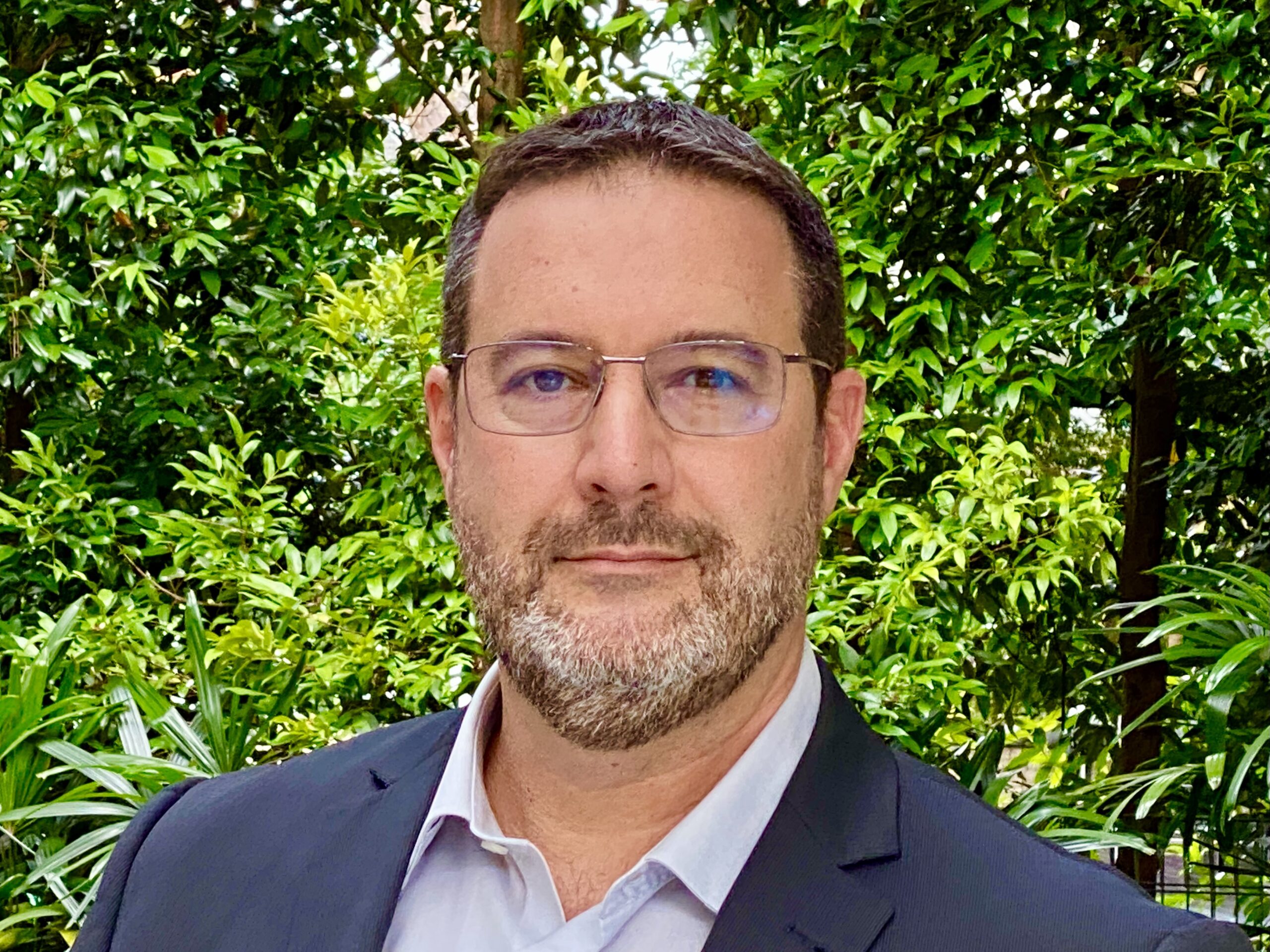
As New Zealand accelerates its digital transformation, the need for open, scalable, and resilient data infrastructure has never been greater. This panel brings together key players from across the ecosystem—datacentre operators, fibre providers, and government-backed initiatives—to explore how we can foster a more connected, competitive, and collaborative digital environment. What does “open access” really mean in the NZ context? How can we align commercial innovation with national
digital priorities? And what are the business benefits that occur because of carrier neutrality?


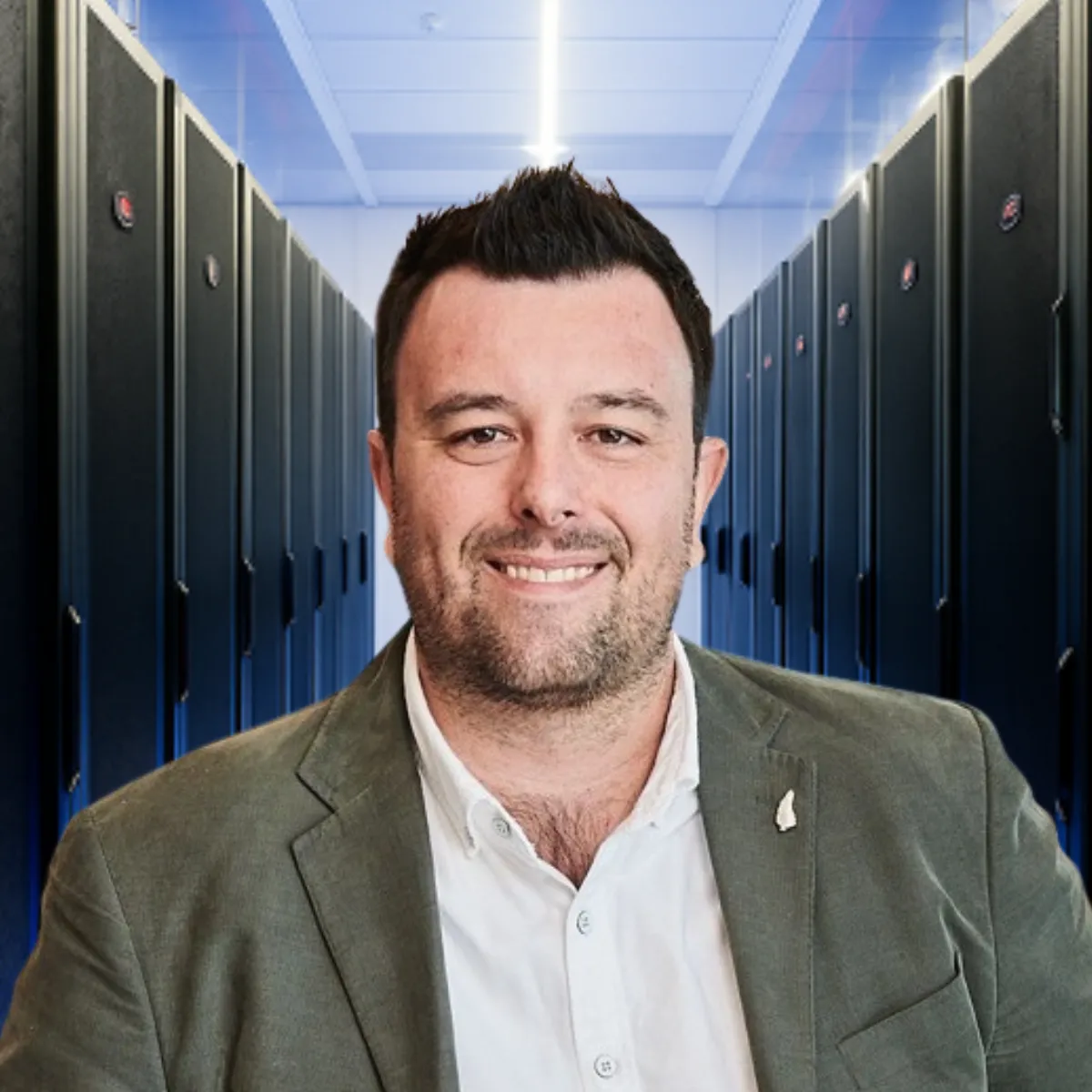

In today’s fast-paced digital economy, data centres are at the core of transformation and innovation. As the demand for more capacity and efficiency grows, operators face the dual challenge of delivering infrastructure with exceptional speed and ensuring reliable power access. As New Zealand accelerates the development of its digital infrastructure, the pressure to build faster, at scale, and with resilience intensifies. This session explores how modular construction, prefabricated systems, and early engagement with OEMs and utilities are reshaping the delivery of data centres. By implementing factory-built power rooms, E-houses, and integrated skids, delivery timelines can be reduced by up to 40%. Beyond speed, we’ll discuss how these solutions enhance resilience, simplify grid connections, and create a foundation for future growth in an era of AI, edge computing, and sustainability pressures.


In a cloud world obsessed with scale, performance, and convenience, one factor is rapidly regaining strategic importance: location. As the cost of latency rises, compliance risks escalate, and AI workloads demand localised data access, the importance of keeping data close, physically and jurisdictionally – has never been greater. This keynote explores the resurgence of sovereign-first strategies in global data infrastructure. From regulatory shifts and AI training needs to the operational risk of hyperscaler reliance, we’ll unpack how location-aware storage isn’t just a compliance checkbox—it’s a performance and business enabler.

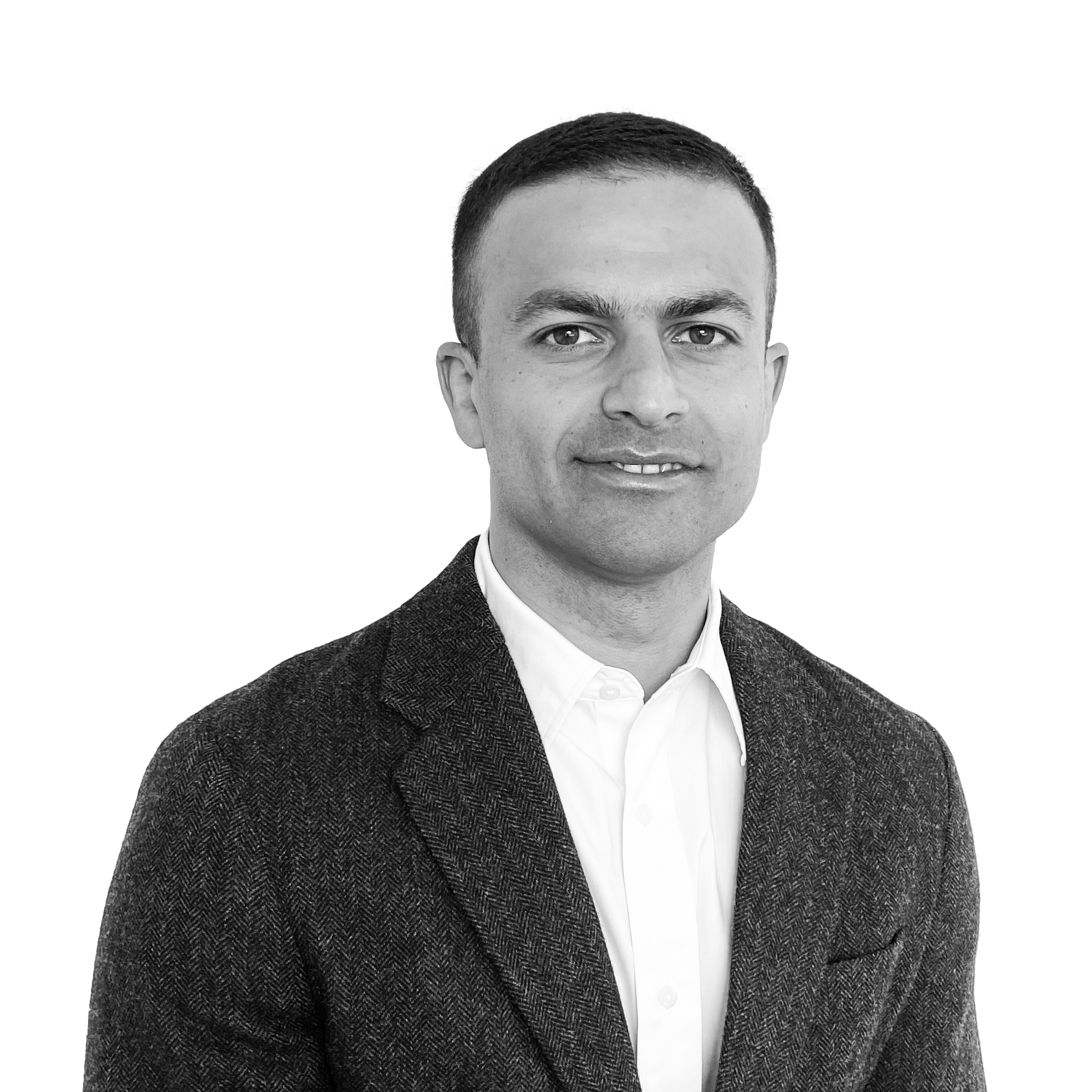




In this keynote, Nabeel explores the current “state of the union” across cloud, AI, ML, AGI, quantum, and biological computing, separating hype from reality and examining where we truly are in this technological evolution. He’ll dive into the future of data as it expands beyond Earth, from orbital and lunar data centres to interplanetary networks that could support life and exploration across the solar system. What happens when AI ecosystems begin learning without us? How do we address the growing human capital deficit and ensure that intelligence; artificial or otherwise serves humanity, not the other way around? Finally, Nabeel will challenge the audience to think about sustainability and purpose – how to build a regenerative, carbon-neutral digital civilization and play an active role in shaping a future where technology and humanity advance together.

The data center market remains one of the most dynamic and fast-growing sectors of the global economy. In this rapidly evolving landscape, understanding the costs associated with data center construction is essential for maintaining a competitive edge.
Now in its ninth year, Turner & Townsend’s Data Center Cost Index (DCCI) continues to be the industry’s only construction-specific cost index, offering unmatched insights to help businesses navigate this complex sector.
In this presentation, Simon Kearney, Data Center Lead for Australia and New Zealand, will reveal the findings from the 2025 DCCI survey. His keynote will highlight shifting cost dynamics across 52 global markets, with a particular emphasis on trends in the Asia Pacific region.
Simon will also explore how AI and machine learning are transforming infrastructure requirements, accelerating innovation in power and cooling technologies. The session will conclude with an analysis of regional growth patterns and emerging opportunities.
Attendees can expect a data-driven, forward-looking presentation that underscores the strategic importance of cost intelligence in shaping the future of digital infrastructure.

Data centres are rapidly emerging as a critical infrastructure asset class in New Zealand. In this session, DLA Piper Special Counsel Nick Byrnes explores international legal and market trends shaping the data centre sector and how these are likely to impact New Zealand. Key themes include cross-border investment strategies, ESG-aligned models, infrastructure challenges, and the potential for new forms of data centre developments. Drawing on global experience and market knowledge, this session will provide practical insights for all data centre participants.


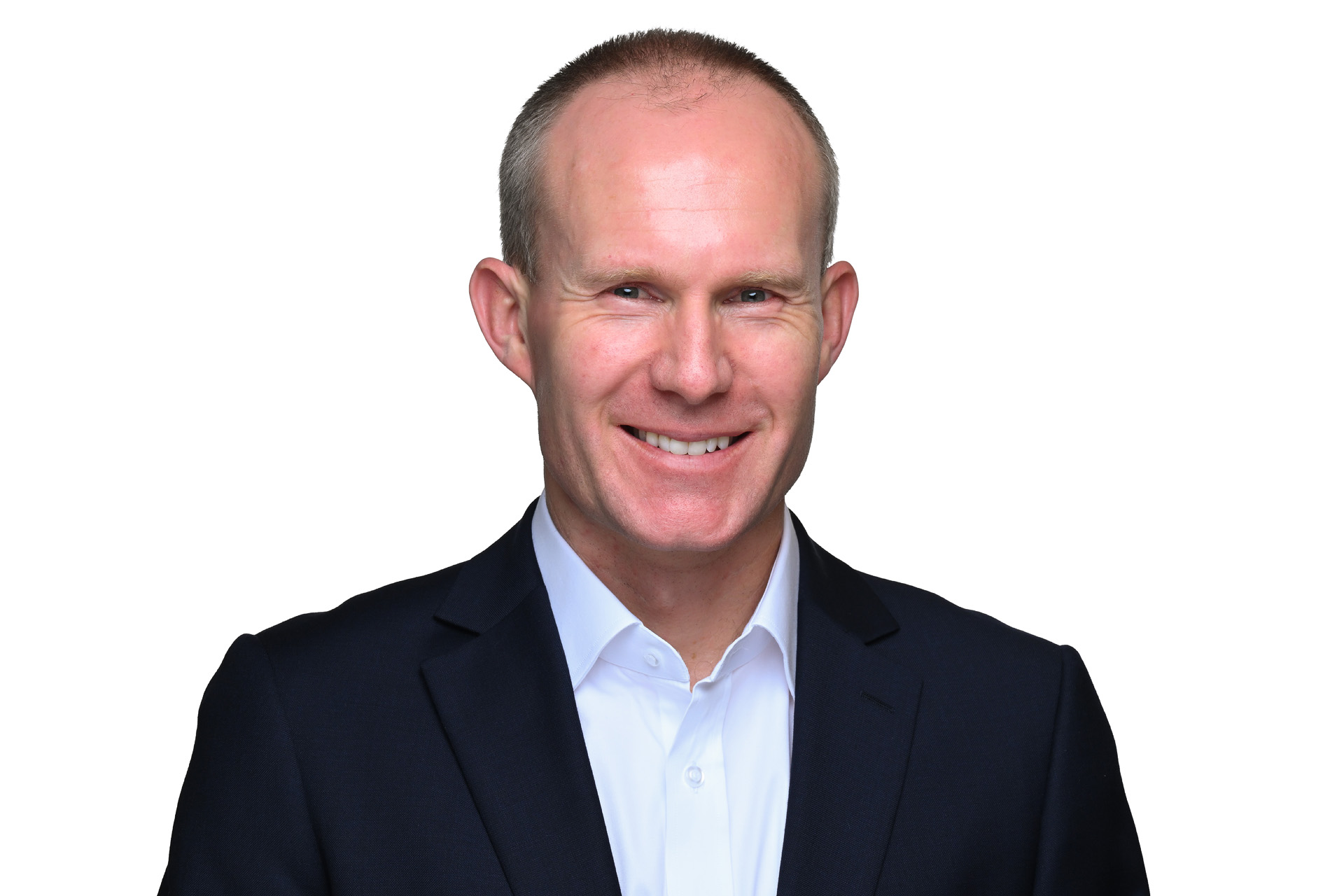


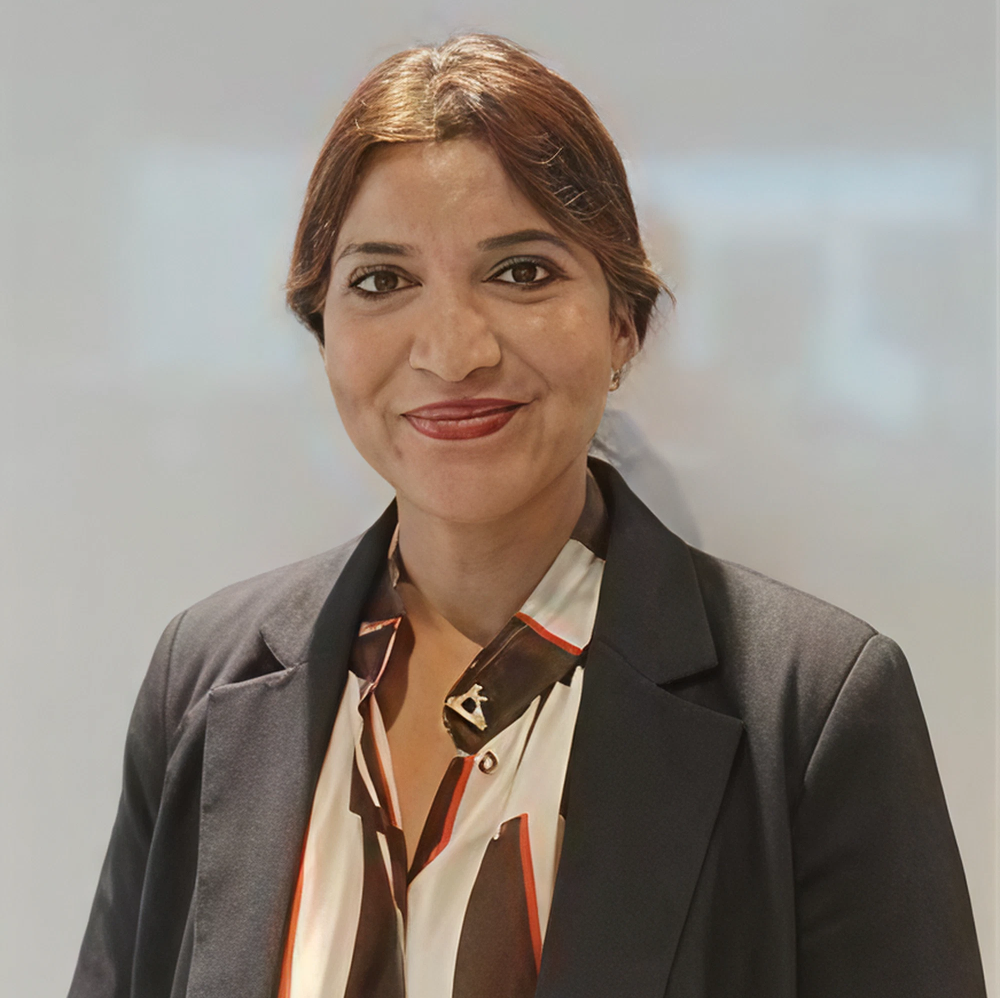


Australasia’s subsea connectivity landscape is entering a pivotal phase driven by an unprecedented surge in AI adoption and the resulting demand for international bandwidth. This keynote will explore how the region is fortifying network resilience through new routes, partnerships, and cutting-edge technology. Attendees will gain insight into how AI workloads and cloud expansion are reshaping capacity planning and investment priorities. The session offers a forward-looking view of how Australasia is preparing its digital backbone to sustain the next wave of global data growth.

By 2030, Australia and Aotearoa New Zealand must decide how to fund the next wave of fixed and mobile networks, in particular 6G. This keynote frames the choice: pursue growth through heavy capex, or embrace a utility model prioritising stability, sharing and regulated returns. Drawing lessons from Europe’s high-investment path and the NBN’s utility approach, this keynote will assess risks of an AI-era investment shortfall and flat revenues. The presentation will also outline funding levers—co-investment, infrastructure sharing, spectrum fee relief, rural subsidies, and long-term policy certainty—and propose a binational roadmap that closes digital infrastructure gaps, in both metro and rural and underserved communities, advancing an inclusive, resilient, and future-ready Aotearoa.

Bringing data to the abundant renewable energy, water and land resources in regional New Zealand. This session will explore the opportunities for New Zealand to become a regional digital hub and support the growth of the AI economy across the APAC region. New state of the art subsea data cables are being developed which will connect regional centres in New Zealand with key global markets. These networks are part of a broader global network which is designed to diversify the options for co-location and improve resiliency and security.

New Zealand’s nationwide 3G network shutdown commences on 31 December 2025, with the last providers shutting down their network by 31 March 2026. This shutdown marks the end for any devices reliant on 3G, affecting not only IoT manufacturers but also businesses, emergency alert systems, and rural applications still tied to the legacy network. The transition poses operational risks and upgrade costs for firms clinging to outdated hardware, but it also opens opportunities to leverage the performance and connectivity advantages of 4G and 5G infrastructure. This panel discussion will assess NZ’s readiness in embracing 5G and explore strategies to tackle the transition challenges from 3G to 5G.




In New Zealand, telecom sustainability in 2025 focuses on reducing the sector’s direct environmental footprint through new technologies, renewable energy, and circular economy initiatives, alongside leveraging connectivity to enable sustainability in other sectors like agriculture and transport. While industry-specific data is limited, general trends include increased corporate reporting, pressure for improved climate action, the transition to future-proof networks (like fibre), and efforts to manage electronic waste. Key challenges include ensuring sustainable growth, developing clear ESG metrics, and adapting to evolving regulations. This telco-focused panel will reveal impactful initiatives, success stories and challenges in driving sustainable interconnectivity.


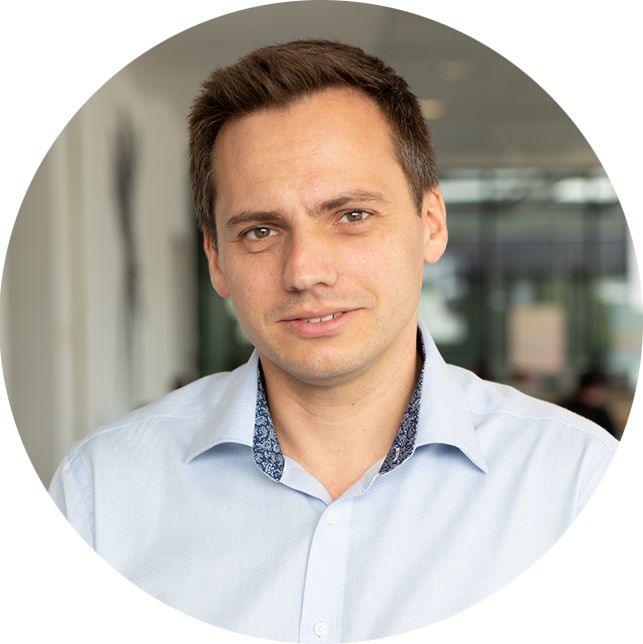
This panel discussion will delve deep into some of the latest technologies coming into the connectivity space in New Zealand. How satellite internet is transforming NZ’s digital future? What are the emerging technologies New Zealanders need to prepare themselves for? How will AI impact the digital connectivity ecosystem?

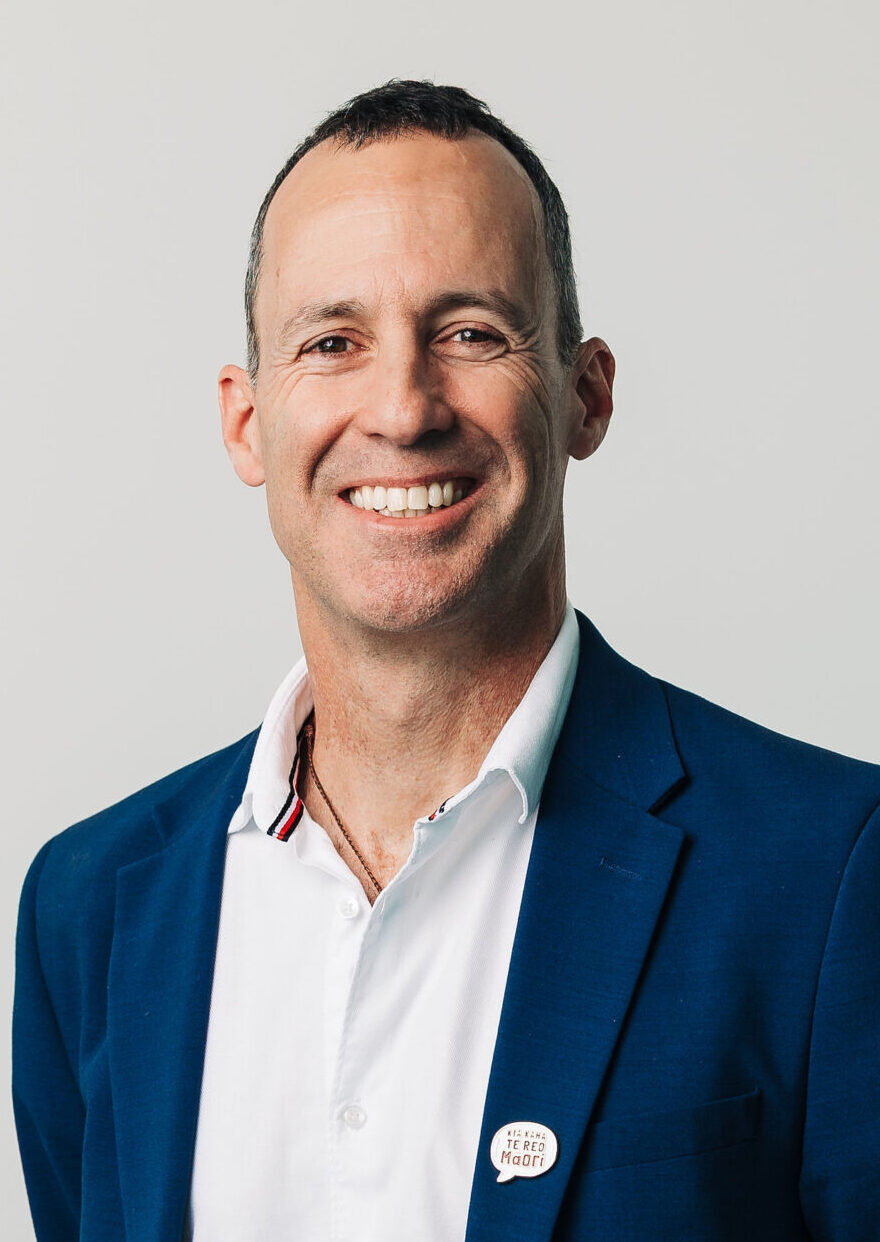
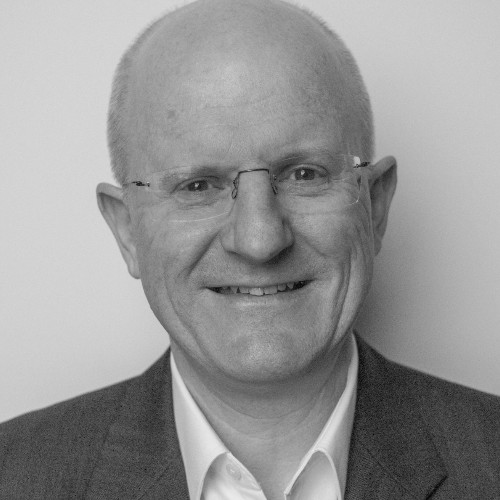

Please bring the registration confirmation email with QR code sent to your email to the registration area in order to get a badge printed to enter the event.
Upon successful completion of registration through the W.Media website, your QR code will be sent to your email address.
Cloud and Datacenter professionals and media partners are welcome to attend. All attendees must register on the W.Media event page.